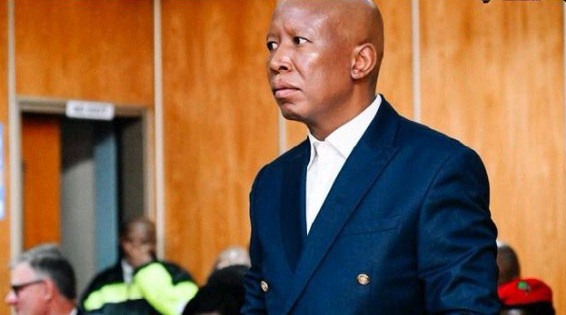In a dramatic turn on Monday, prosecutors in East London declared Economic Freedom Fighters (EFF) leader Julius Malema “guilty as charged” in a long-running case over the alleged illegal firing of a gun at a 2018 rally. The announcement has reignited political tensions in South Africa.
The case stems from a viral video showing Malema discharging what appears to be a rifle during an EFF event in East London. Prosecutors argue he broke the law by firing a weapon in public, an offense that could carry serious penalties.
State prosecutor Joel Cesar told the court the evidence was clear. “The footage shows the accused pulling the trigger deliberately—this was not a symbolic act,” he said. The strong statement marks a rare moment of certainty in a case that has dragged on for years.
Malema’s lawyers deny the charges, claiming the gun was a fake prop. They accuse the National Prosecuting Authority (NPA) of political targeting, suggesting the case is timed to damage Malema’s reputation before the 2026 elections.
Public reaction has been divided. Many question why the case, which dates back five years, is only gaining momentum now. Critics see it as suspiciously timed, while others argue it’s a legitimate legal matter.
EFF spokesperson Leigh-Ann Mathys questioned the timing: “Why now? Who benefits if our leader is discredited?” The case has fueled wider debates about whether South Africa’s justice system is being used for political battles.
The court is expected to rule soon on whether the 2018 video can be used as evidence. This decision could make or break the case—if allowed, it strengthens the prosecution, but if rejected, the charges may collapse.
Analysts are split on whether this is a genuine legal process or a political move against Malema, a fiery opposition leader known for challenging the ANC. A conviction could weaken his party, while an acquittal may boost his claims of being unfairly targeted.
As the case unfolds, South Africans are watching closely. The outcome could impact not just Malema’s future, but also public trust in how the justice system handles high-profile political cases.






















